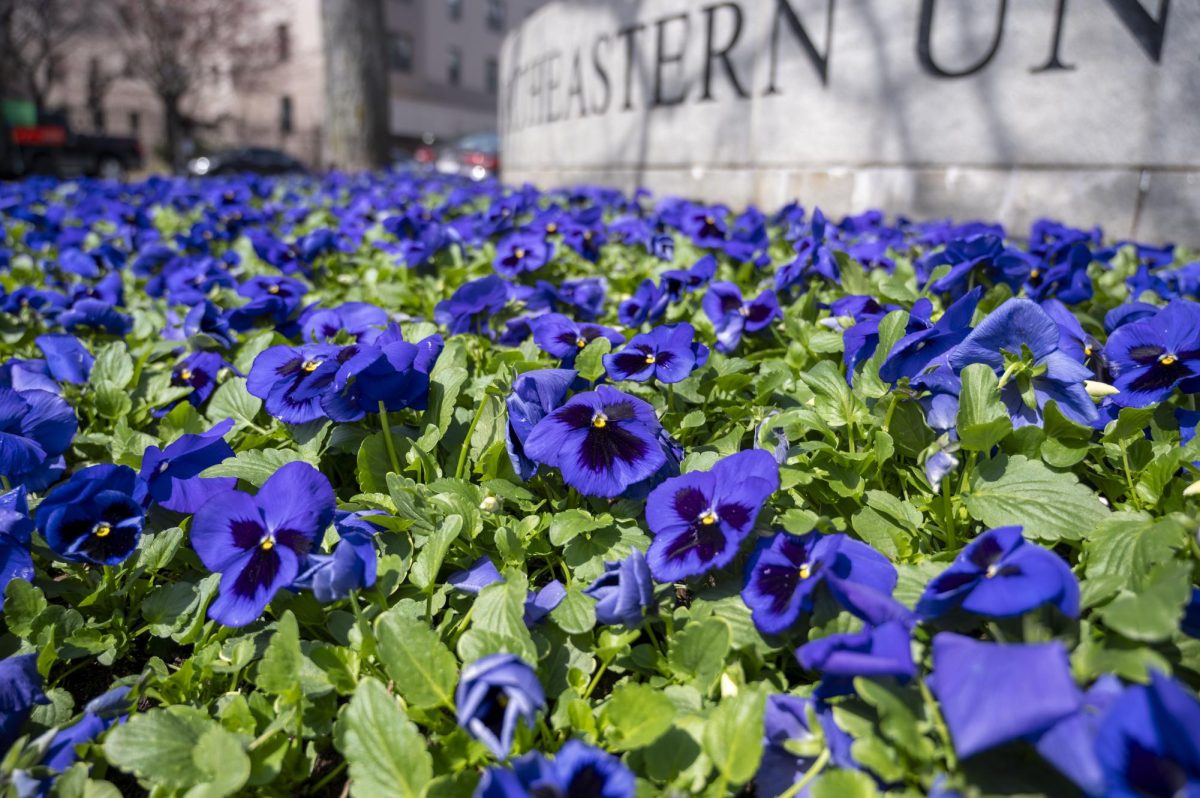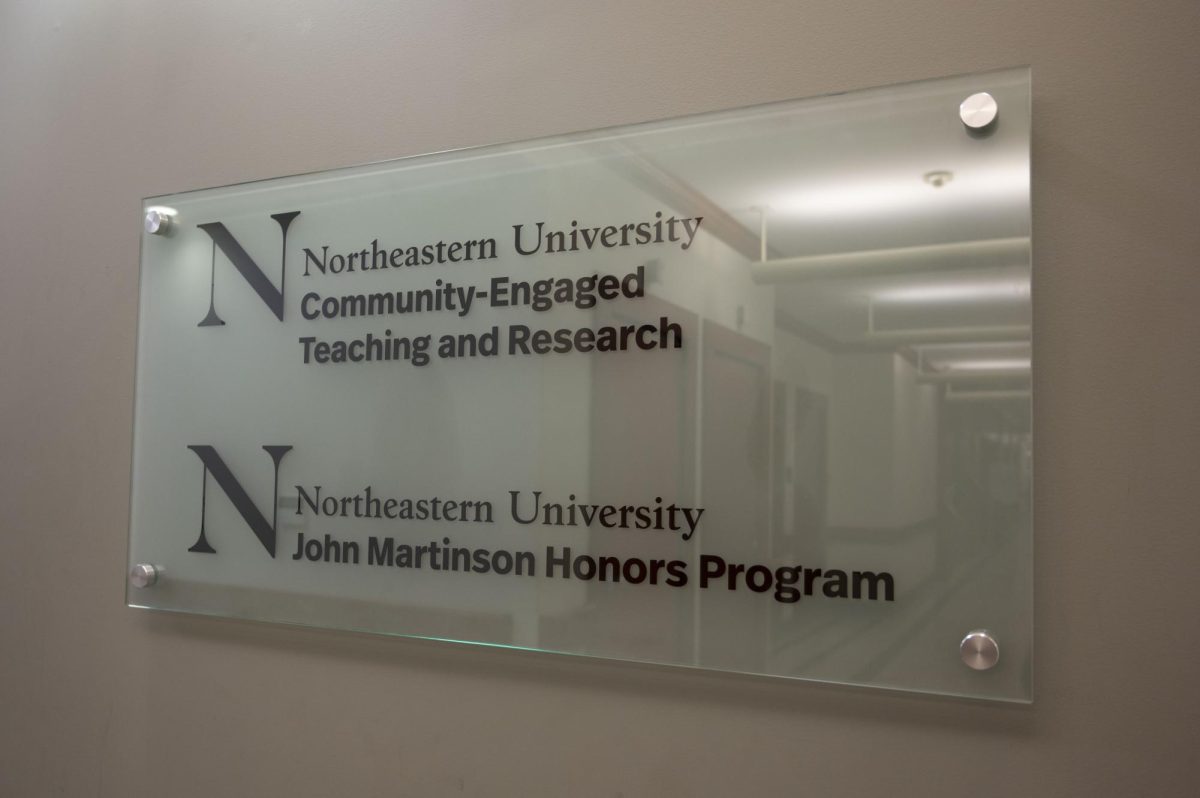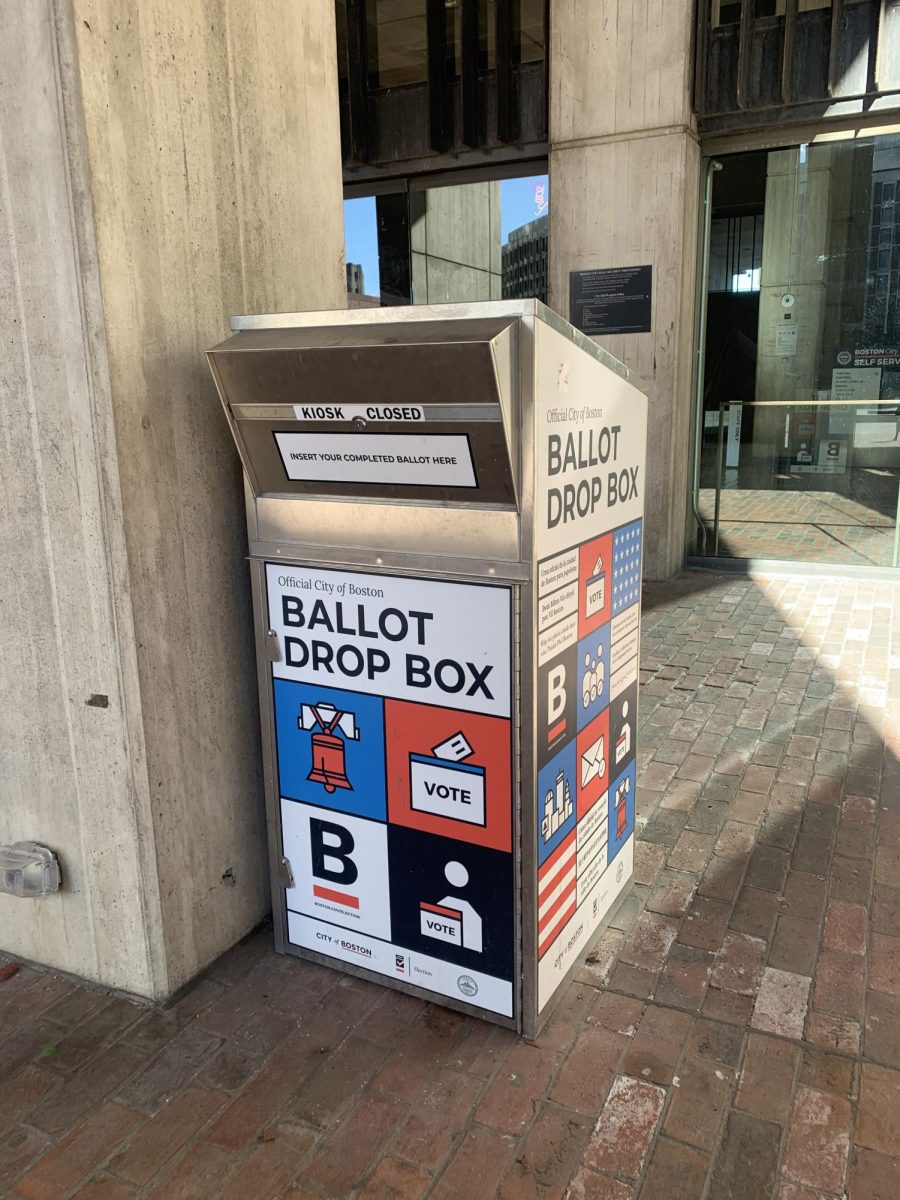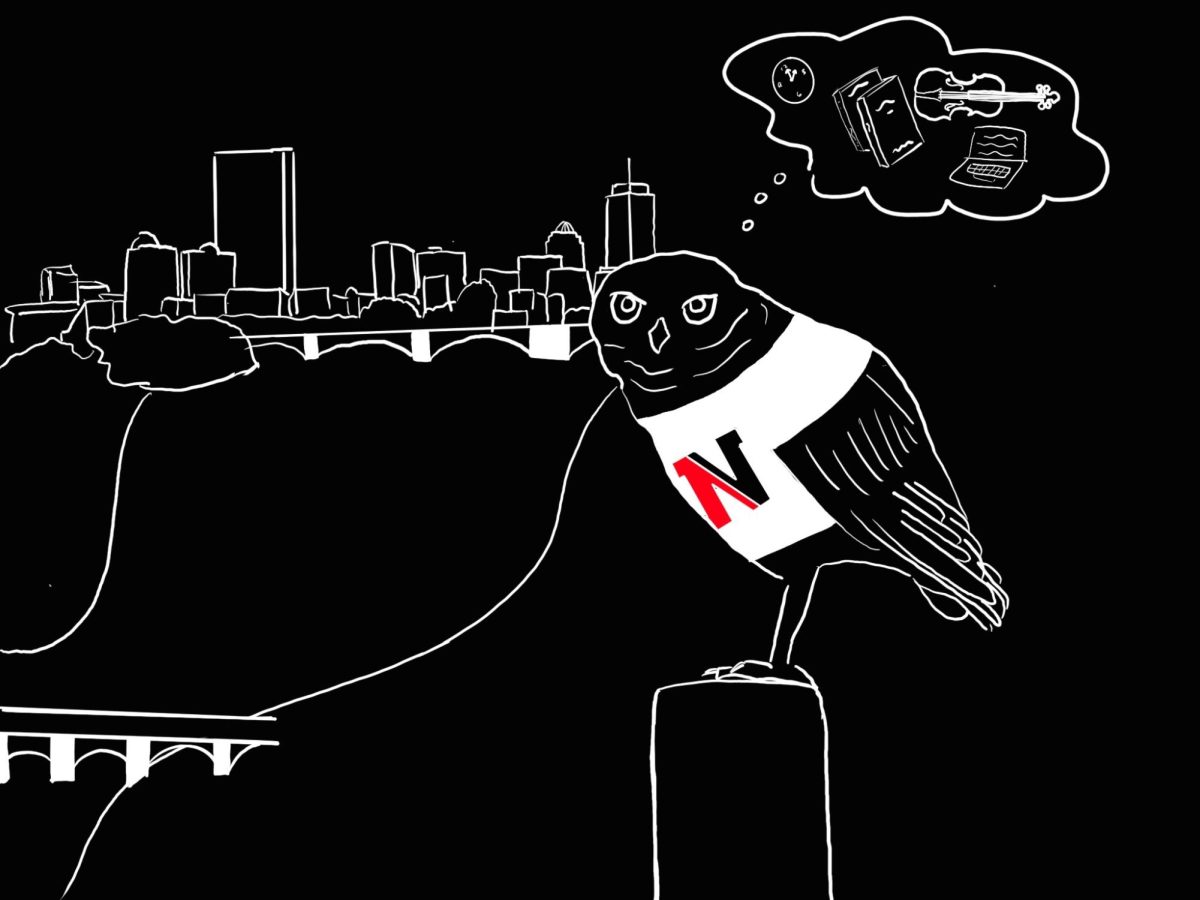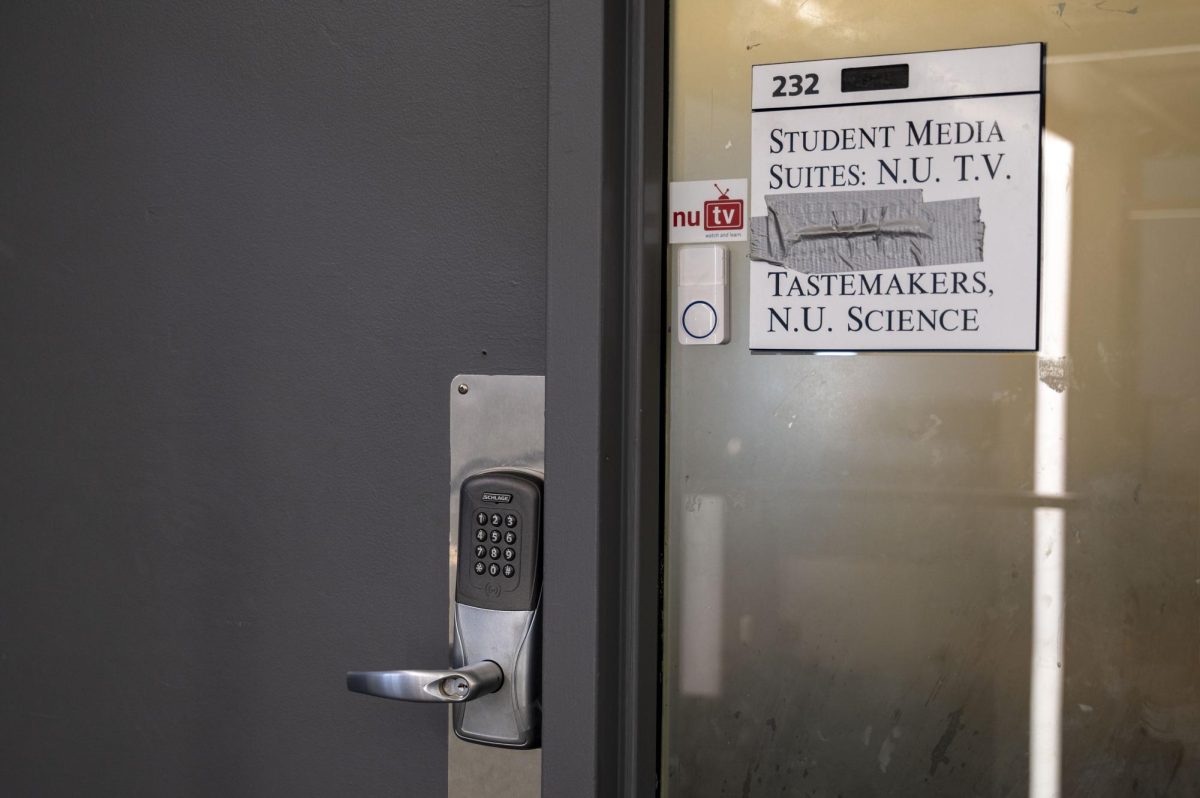On Friday, a man was found dead, with a needle, in a bathroom in Shillman Hall. Last Thursday, The News reported on the death of a man in Renaissance Parking Garage due to drug overdose, and needles were found on his person according to the Boston Police Department (BPD) incident report. These are the third and fourth individuals the Northeastern Division of Public Safety has encountered with needles in four months – on Nov. 6, two individuals were found trying to inject heroin in 716 Columbus Ave., the same building out of which the Northeastern Division of Public Safety operates. Students were not informed of either incident by the university. From this lack of transparency rises the question of whether or not Northeastern is doing enough to protect its students from incidents like this.
Northeastern is sidestepping the problem. In the article posted online last Thursday by The News, Renata Nyul, director of communications for Northeastern, said, “It has nothing to do with Northeastern.”
But Nyul couldn’t be more wrong. Both incidents occurred in areas accessible to students. Renaissance Parking Garage is an especially high traffic area for students with cars, as well as employees. And while needle administered drugs are not common on campus, these individuals are very dangerous to pedestrians in their path. NUPD should be doing something to protect students, not trying to downplay what happened.
A Feb. 15 Boston Herald article reports a spike of heroin overdoses throughout the city, and that the Boston Public Health Commission responded by deploying additional street outreach staff to help prevent further incidents. Northeastern should be following in the steps of the Boston Public Health Commission. They should acknowledge the problem and work to improve it, whether that means notifying students by e-mail that the incident occurred, or stepping up vigilance in specific areas around campus.
In December, the university notified students of two separate incidents in which students were threatened by a woman with a knife on Columbus Avenue. Columbus Avenue is not a part of campus, yet students were notified because this is an area students frequent and they should be aware of hazardous situations that can be avoided with extra caution.
Whether or not those involved were affiliated with the university, the Northeastern community has a right to know when they are in potential danger. The administration is not doing anyone any good by keeping this information classified and to themselves. Perhaps, next time, they should place a higher priority on the safety of the students before they consider what news of the incident could do to the reputation of the school.







